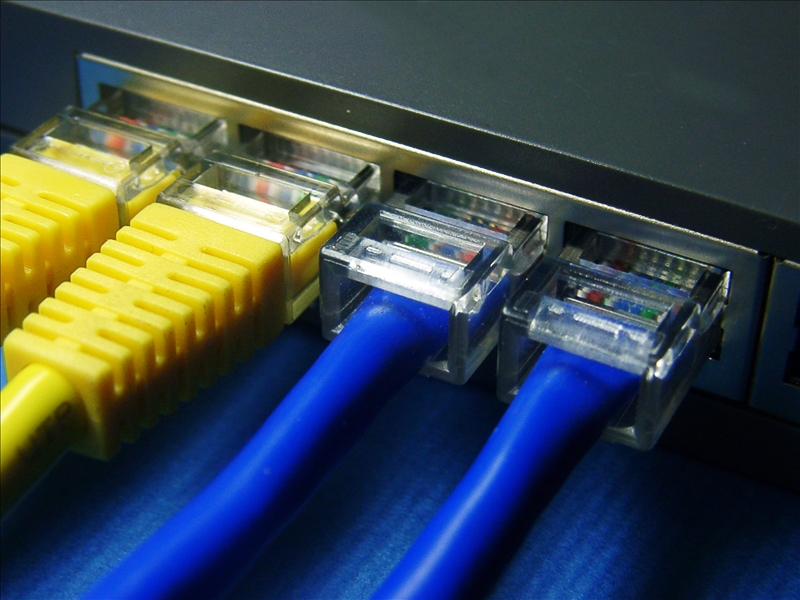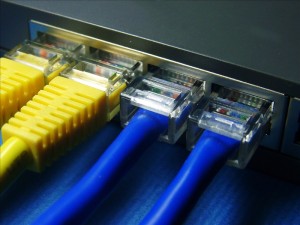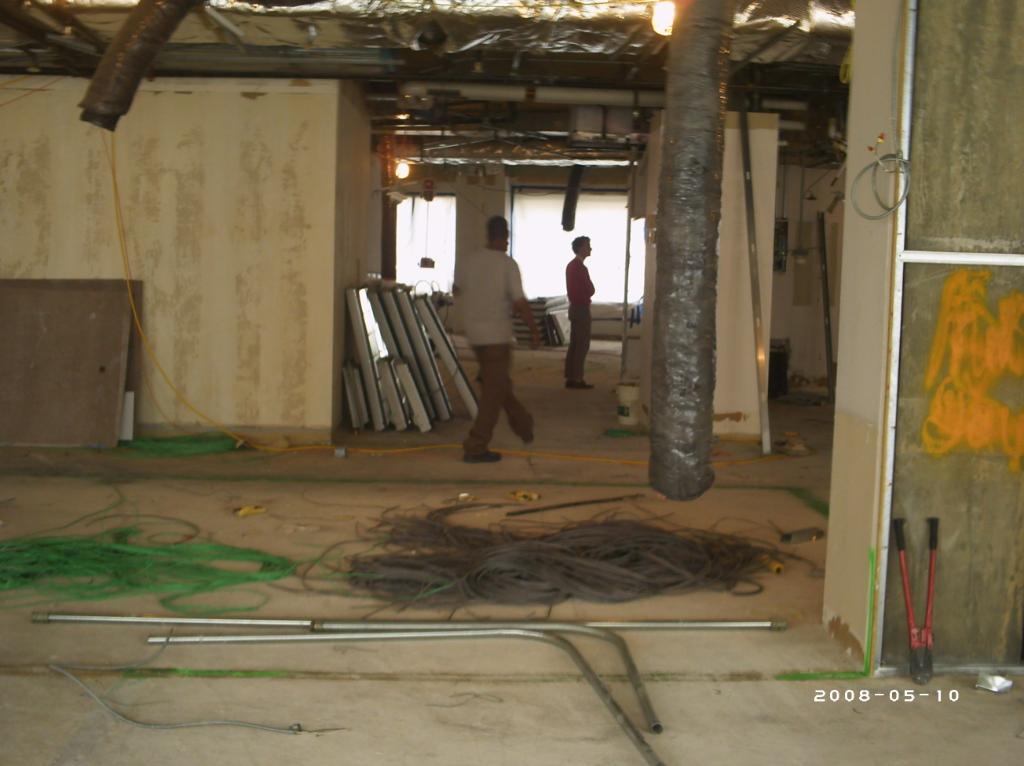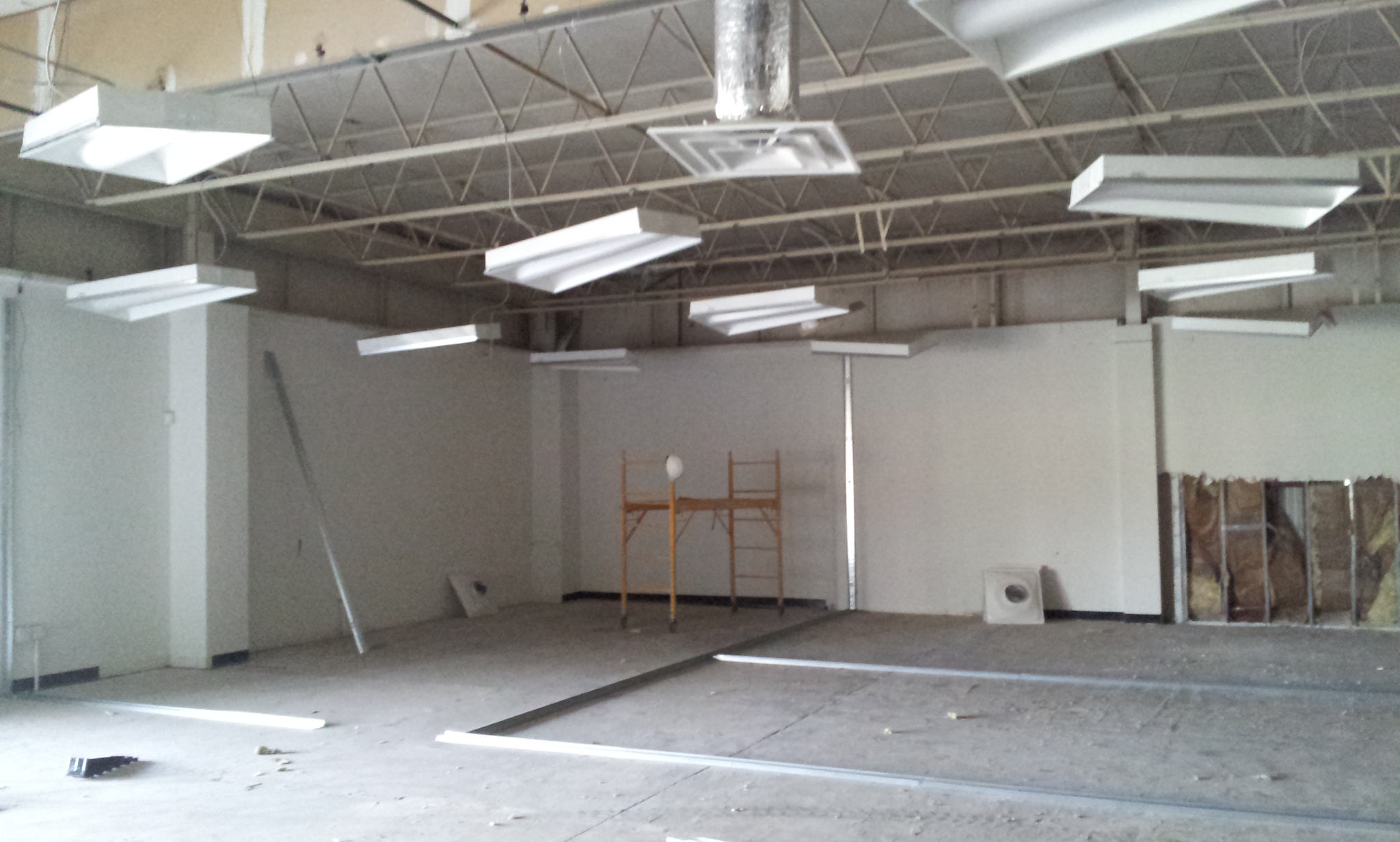
Five New Approaches for Data Center Cabling – Part 1
 Organizations and data centers have concluded that structured cabling provides a durable foundation for a sound and efficient network infrastructure. As a result, management teams are reconsidering their existing data cabling configurations. For example, organizations are thinking of transferring some or all of their IT systems to cloud-based data centers that utilize virtualization.
Organizations and data centers have concluded that structured cabling provides a durable foundation for a sound and efficient network infrastructure. As a result, management teams are reconsidering their existing data cabling configurations. For example, organizations are thinking of transferring some or all of their IT systems to cloud-based data centers that utilize virtualization.
A properly designed network infrastructure is a prerequisite for being able to adapt emerging technology and support crucial systems cost effectively. Conventional cabling met network requirements in the past, but the growth of data and demand for speed are rapidly transforming what a business will need in the future.
New companies are planning their data center cabling structure well ahead of their first day of business to attain high efficiency, maximum utilization, and optimal provisioning. During the conception stage, data center architecture needs to address issues revolving around space, power, cooling, security, and costs.
Data transmission and storage, communications, power, and video should also be prioritized. However, monitoring, network security, system updates, backups, software support, and maintenance are also of great importance.
As you may be considering improving your company’s network, it may be helpful to keep in mind four new approaches for data center cabling discussed below.
Convergence
The concept of convergence has been applied to networking and data cabling. Functions for data, phone, and video are being offered on a single network by service providers. Introduced several years ago, the convergence approach is gaining in strength via structured cabling for data centers.
Applying this approach allows for greater cable density or minimizing cable usage, resulting in providing the proper network capacity for a particular architecture and delivering the advantages below:
- High density server racks and storage arrays reduce cable pathways for improved air flow.
- Input and output convergence offers simplified data cabling and greater design flexibility.
- Higher-density connectivity and higher-capacity cables provide improved performance.
Part 2 will discuss Modular Design, Optimized Network Infrastructure, and Virtualization.
Progressive Office Cabling
Founded in 1986, Progressive Office’s success has been a direct result of years of commitment to seeking solutions on behalf of our clients in the Washington, D.C. and New York City areas. Efficiently working together, Progressive teams get cabling installed and operating as fast as possible while minimizing disruption and downtime. Call our toll free number (800) 614-4560 today.


 Corporations that have subsidiaries located in many countries worldwide, as well as a smaller company with a handful of departments and employees, need a well-designed
Corporations that have subsidiaries located in many countries worldwide, as well as a smaller company with a handful of departments and employees, need a well-designed 
 Your employees are dissatisfied by their company’s
Your employees are dissatisfied by their company’s 


 Now that your business is ready to install new cabling or perform an upgrade, you will be meeting with a
Now that your business is ready to install new cabling or perform an upgrade, you will be meeting with a 
 During the process of selecting a
During the process of selecting a 
 Whenever there is an IT systems issue, the resolution can often be delayed by poorly
Whenever there is an IT systems issue, the resolution can often be delayed by poorly 
 As discussed in Part 1, the transition to IP-based security products along with the rapid increase in business applications has resulted in end-users expecting greater video, audio, and data integration. These items require delivery over a standardized structured
As discussed in Part 1, the transition to IP-based security products along with the rapid increase in business applications has resulted in end-users expecting greater video, audio, and data integration. These items require delivery over a standardized structured